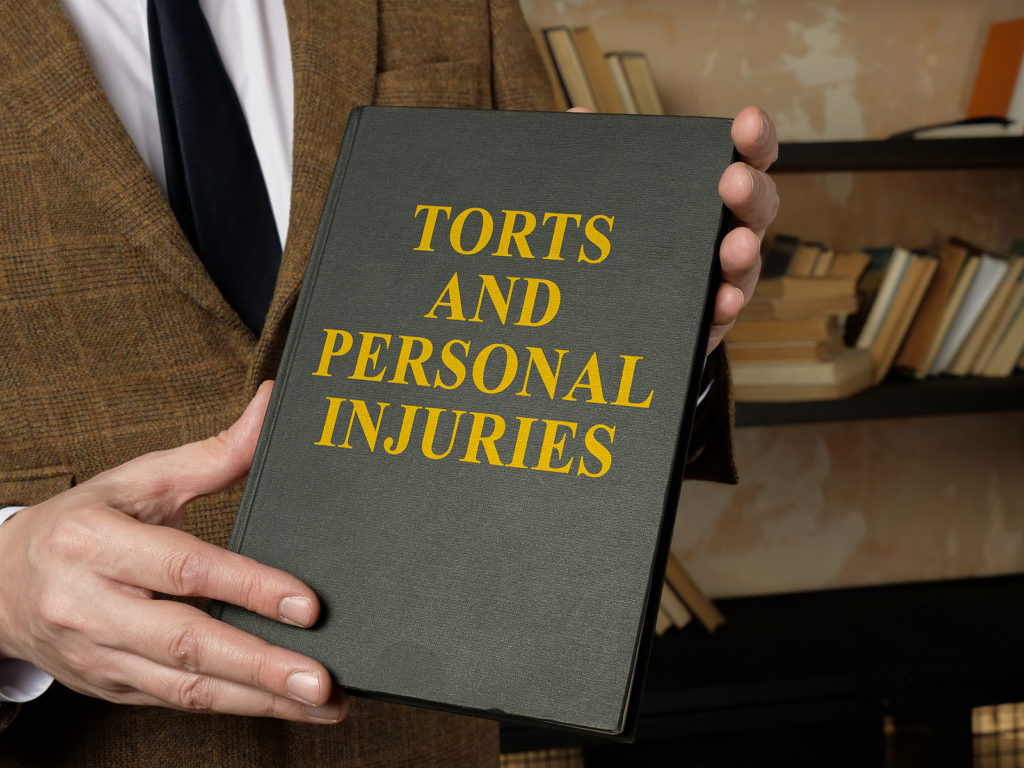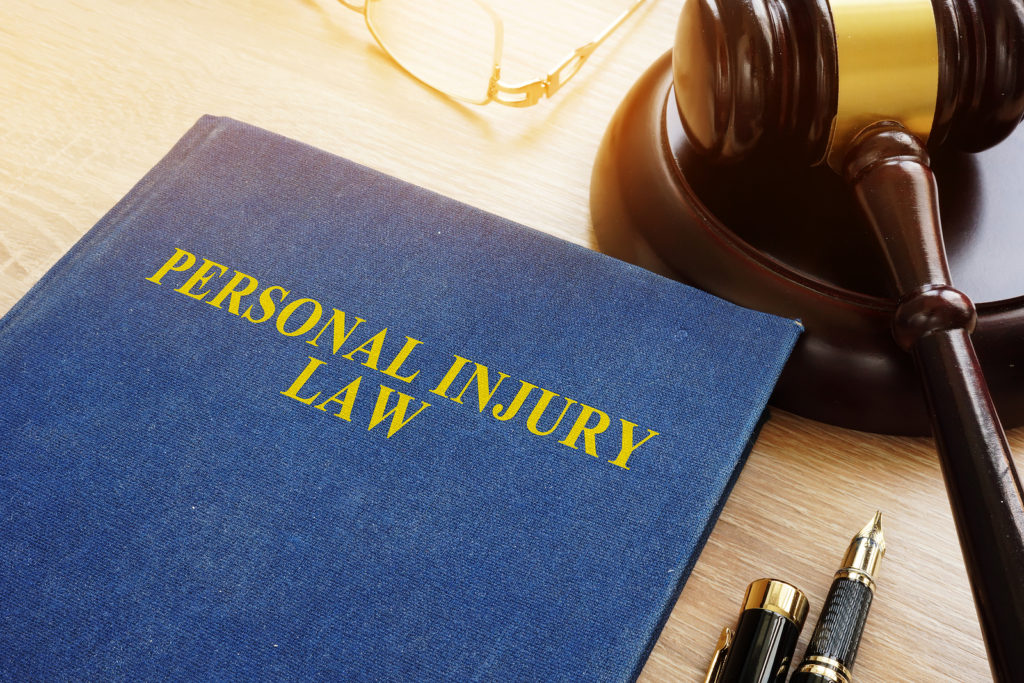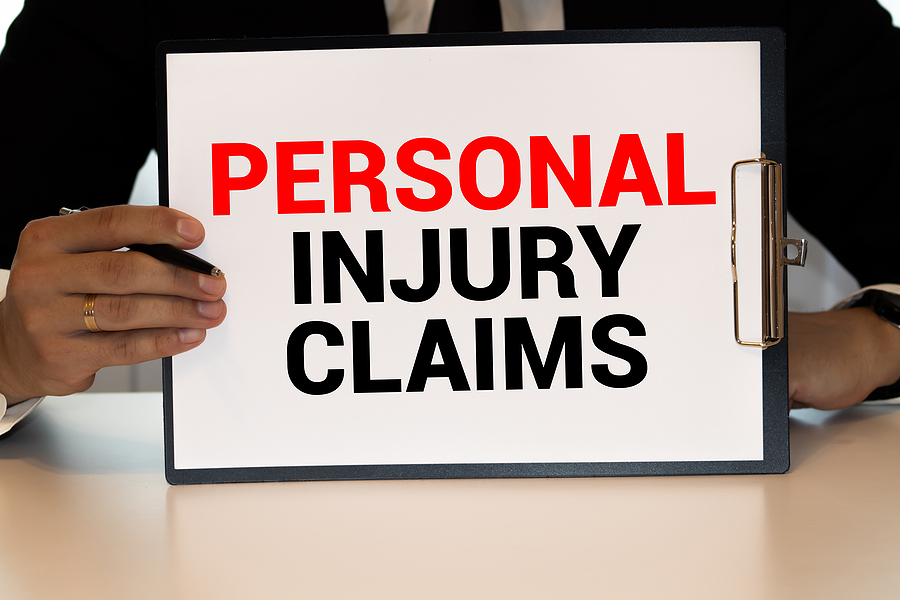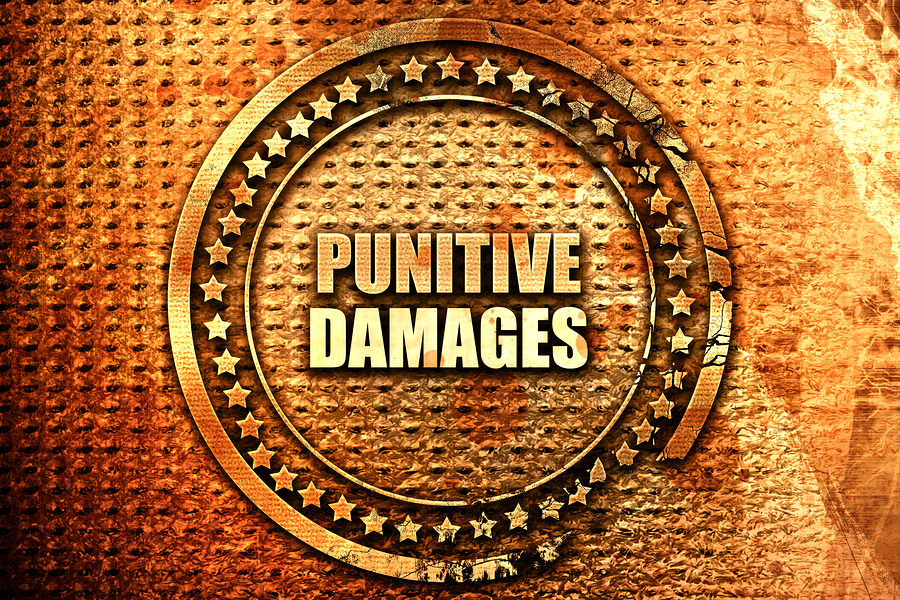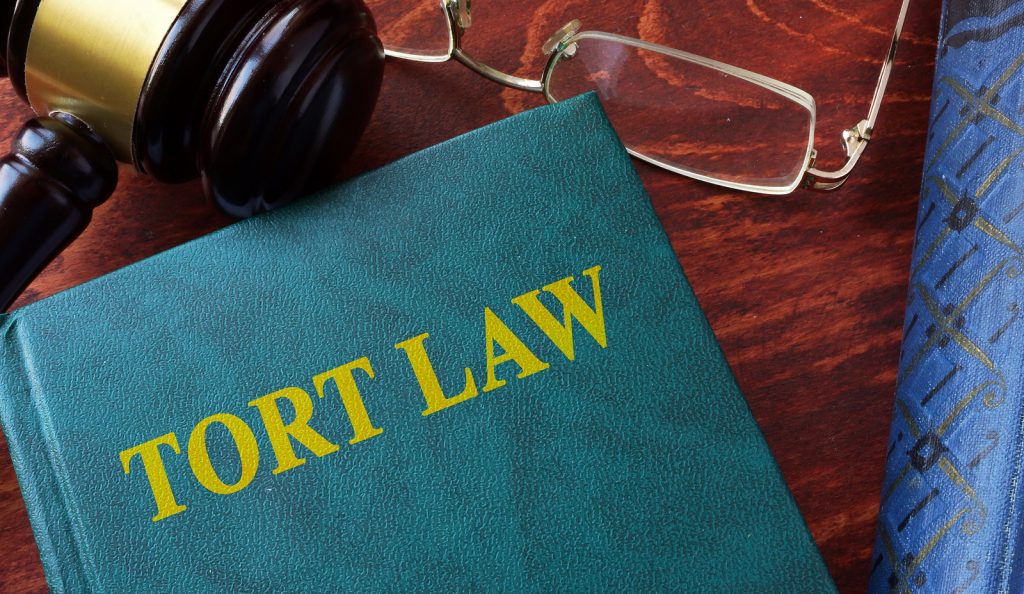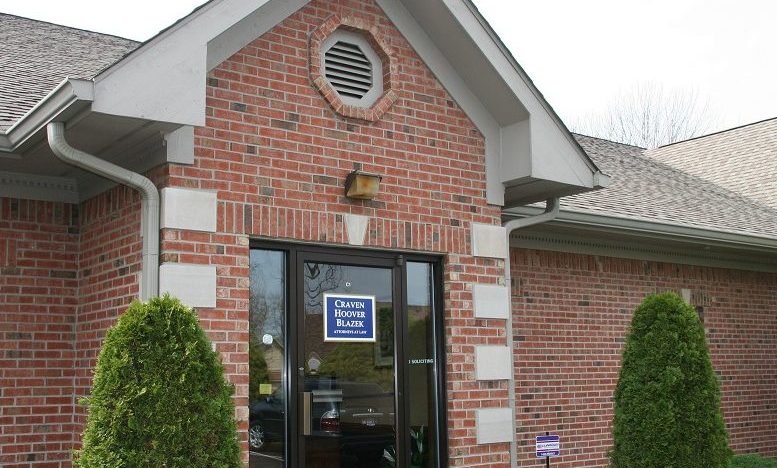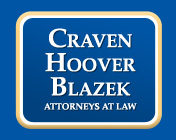It is very common to suffer mental anguish and emotional health complications after being wrongly injured in an accident. This is especially true for those who have lost a loved one to a wrongful death incident, or for those who have to experience prolonged rehabilitation and therapy for their injuries or permanent injuries.
For this reason, many wrongfully injured victims wonder if they can obtain personal injury compensation to cover the cost of mental health treatment following an accident. The answer this question is not clear-cut, so continue reading to learn the facts you need to know.

Claiming Mental Health Therapy as Part of Your Personal Injury Damages
As a wrongfully injured victim in a personal injury case, if you believe that your accident is directly related to your need for mental health therapy, you are entitled to claim these costs as damages. However, juries have the discretion of accepting that claim, as they would with any other medical claim. Insurance adjusters and legal representatives for insurance companies can be quite stubborn when it comes to accepting injured victims claims, even if supporting medical documentation is submitted. They will do everything they can in their power to reduce the value of the person’s claim as this is what they are trained to do and, in the end, if the insurance company pays less the insurance company makes more money.
For these reasons, it is critical to retain an experienced and skilled Indianapolis Indiana attorney who is well-versed and experienced in your type of personal injury accident. For instance, if you are injured in a car accident, be sure to hire a seasoned personal injury car accident lawyer. If you are injured in a slip and fall accident, search for lawyers who specialize in premises liability cases. Accordingly, if you are injured at work, hire a workplace injury lawyer who knows OSHA regulations and all surrounding Worker’s Compensation laws.
Does Your Mental Health Treatment Relate to Your Accident?
When determining your eligibility for being awarded compensation for mental health treatment, whether through a therapist or psychologist, it is important to ask yourself: “Does my need for mental health therapy relate to my accident?” and “Am I receiving mental health treatment from a qualified mental health professional?”
If the answer to these questions are: “yes”, then you can claim the cost of your therapy as damages in your personal injury case and the jury can put a dollar figure award for your psychological injuries as well. From there, your injury attorney will document a strong and impactful case to prove your damages and obtain the maximum settlement or verdict you deserve.
One way your personal injury lawyer will prove that your mental health therapies are related to your accident is to obtain a written opinion from a licensed medical practitioner stating that your mental, psychological, or emotional condition and the resulting necessary medical care, is causally related to the at-fault party’s negligent actions or inactions.
Mental Health Professionals Include:
☑ Therapists
☑ Counselors
☑ Licensed Social Workers
☑ Psychiatrists
☑ Psychologists
Because personal injury cases consider medical expenses as damages, seasoned Indiana personal injury lawyers can prove that your mental health therapy expenses, including both counseling sessions and prescription medications, are valid medical expenses causally linked to your accident, and therefore legitimate damages that you should be compensated for.
Are you looking for skilled personal injury attorney to represent you in your Indiana accident claim? Contact the Law Office of Craven, Hoover, and Blazek P.C. at 317-881-2700 to schedule a free personal injury case evaluation. Act now, before time runs out on your claim or significant evidence supporting your claim is lost. We represent surviving loved ones and persons injured as a result of the negligence of another throughout the state of Indiana.
Related Posts:
Do I Notify OSHA if Injured at Work Due to a Safety Violation?
What is the Worth of My Personal Injury Claim?
What are Future Damages in a Wrongful Death Case?


